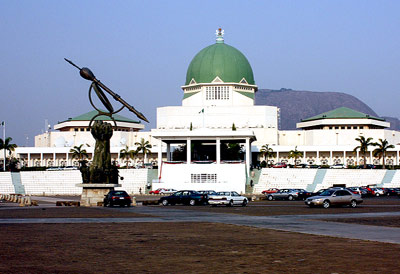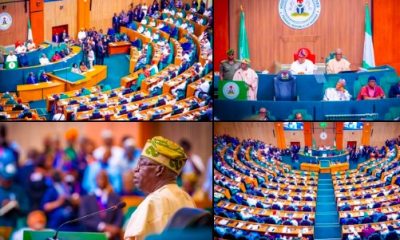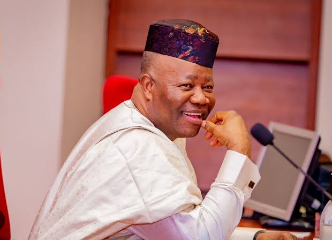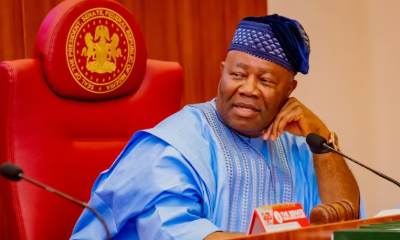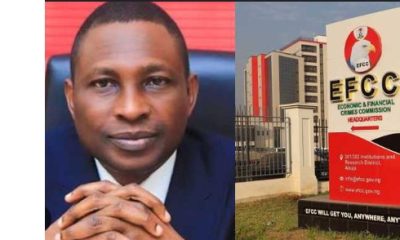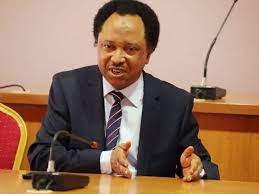Some capital market operators have said the Nigerian Stock market rebound would only be sustained with the stability in the foreign exchange system and a quick passage of the 2017 budget.
Mr. Ambrose Omordion, the Chief Operating Officer, InvestData Ltd., said that more encouraging economic data and eventual passage of the much-awaited 2017 budget would improve market liquidity.
He attributed the weak market response to the positive 2017 first numbers released in the market low liquidity in the market and the economy due to uncertainties surrounding non-passage of the 2017 budget.
“It is one month to mid-year and the National Assembly has yet to approve and subsequently present a clean copy of the year’s Appropriation Bill for ascent to the President,” Omordion said.
He said that the development was slowing down economic activities and implementation of the Federal Government Economic Recovery and Growth Plan (ERGP).
Omordion said low valuation in the market might trigger high demand for stocks, noting that investors should invest wisely using bids, offers and volume when taking decisions.
In his own opinion, Mr. Sewa Wusu, Head Research, SCM Capital Ltd., said that stability around the foreign exchange challenges would be a strong impetus for market performance going forward.
Wusu added that the market liquidity would increase if the Central Bank of Nigeria (CBN) current foreign exchange policy drive was able to attract foreign participation in the market.
ALSO SEE: Confusion over non-passage of 2017 budget
He said that the bullish resurgence witnessed so far was due to the release of impressive first quarter results by major companies, especially the tier one banks. “I think by and large the performance of the tier-1 banks are in tandem with expectations and that created the positive sentiments in the market last week,” he said.
He explained that the performance of the market going would be dependent on the sustainability of earnings of companies and foreign exchange stability.
National Daily gathered that expectations at the business community was high last week amidst the legislative week commencing last Tuesday that the 2017 Appropriations Bill would be laid for third reading and passed in the Senate, as well as the House of Representatives, for transmission to the President.
But the expectations were not met on Tuesday, Wednesday, or Thursday – the three days National Assembly have plenary sessions in a week. The report on the 2017 budget expected from the joint committee on appropriations and finance chaired by Danjuma Goje and John Enoh respectively was not laid.
Although, the presentation of the report was listed as the first item on the Senate’s Order Paper for Thursday, the Senate Leader, Ahmed Lawan, successfully moved that it be stepped down and taken “by the Grace of God” on Tuesday in the coming week.
The lawmakers have now spent five months to review the budget proposal presented by President Muhammadu Buhari in December last year.

 Entertainment5 days ago
Entertainment5 days ago
 Health1 week ago
Health1 week ago
 Health4 days ago
Health4 days ago
 Football1 week ago
Football1 week ago
 Football1 week ago
Football1 week ago
 Crime4 days ago
Crime4 days ago
 Crime1 week ago
Crime1 week ago
 Education6 days ago
Education6 days ago
